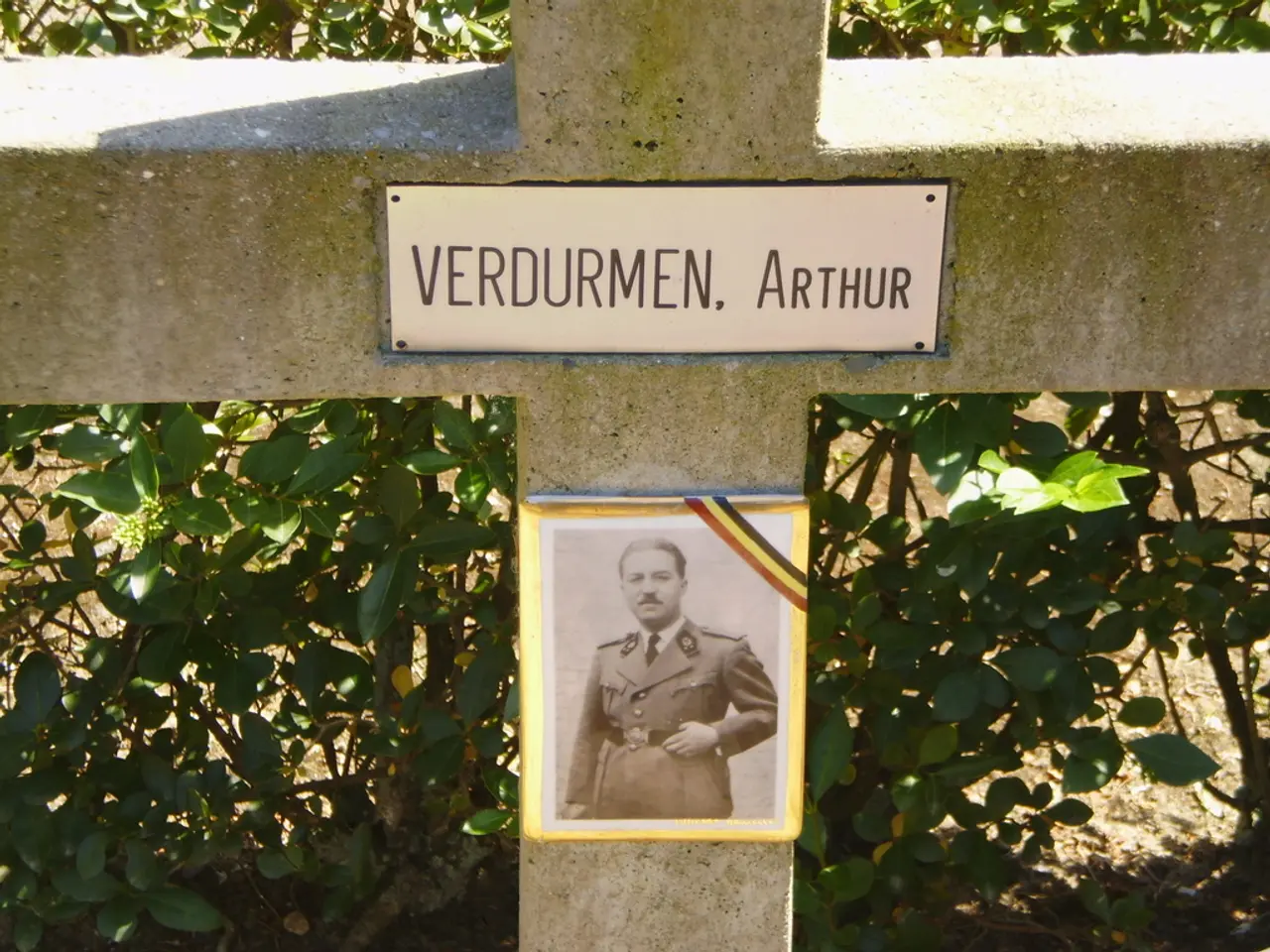Research Findings: Collaborative Relationship Exists Between Weleda and SS in Dachau
In a groundbreaking study commissioned by the Dachau memorial site, historian Anne Sudrow has uncovered close connections between the natural cosmetics company Weleda and the SS during the Nazi era. The study, recently obtained by "Der Spiegel", reveals that Weleda had ties to the concentration camp Dachau, a relationship that was previously unknown.
Franz Lippert, a former head gardener at Weleda's medicinal plant garden in Schwäbisch Gmünd, worked for the SS from 1941. He became the lead gardener at the SS-operated biological-dynamic plantation in Dachau, where prisoners were forced to cultivate medicinal herbs for Weleda.
Lippert, who remained in contact with Weleda during his time with the SS, conducted research for the SS that benefited from forced labor in Dachau. However, Weleda's statement on its company history states that the activities of gardener Franz Lippert in KZ Dachau had "no connection whatsoever" to his previous work at Weleda.
The SS's own German Experimental Institute for Nutrition and Catering (DVA) operated a "plantation" in Dachau that served to research and apply biodynamic farming methods. Weleda sourced healing herbs from this agricultural facility during the Nazi era.
The study does not provide information about whether Weleda was aware of or condoned the use of its products for human experiments in Dachau. Similarly, it does not provide information about any other current or former Weleda employees who may have been involved in activities in Dachau during the Nazi era, or whether Weleda profited from the forced labor of prisoners in Dachau.
Weleda is known for its anthroposophical remedies and biodynamic agriculture. The study by historian Anne Sudrow shows that there were close connections between the anthroposophy scene in Germany, biodynamic Demeter farming, and the SS during the Nazi era.
The study does not shed light on whether SS doctor Sigmund Rascher used a frost protection cream supplied by Weleda in human experiments. Weleda ordered products directly from the DVA during the Nazi era, but the company's statement emphasises that it was unclear whether the frost protection cream was among those ordered.
The revelations about Weleda's ties to Dachau have raised questions about the company's history and its involvement during the Nazi era. The company has yet to provide a comprehensive response to the findings of the study by historian Anne Sudrow.
Read also:
- Lu Shiow-yen's Challenging Position as Chair of the Chinese Nationalist Party (KMT) Under Scrutiny in Donovan's Analysis
- "Trump Criticizes EU's $3.5 billion fine on Google as Unjust, Threatens Additional Tariffs"
- Restructuring community adaptability amidst multiple concurrent crises
- Sanders' Campaign Advisor Discusses Candidate's Political Standing








